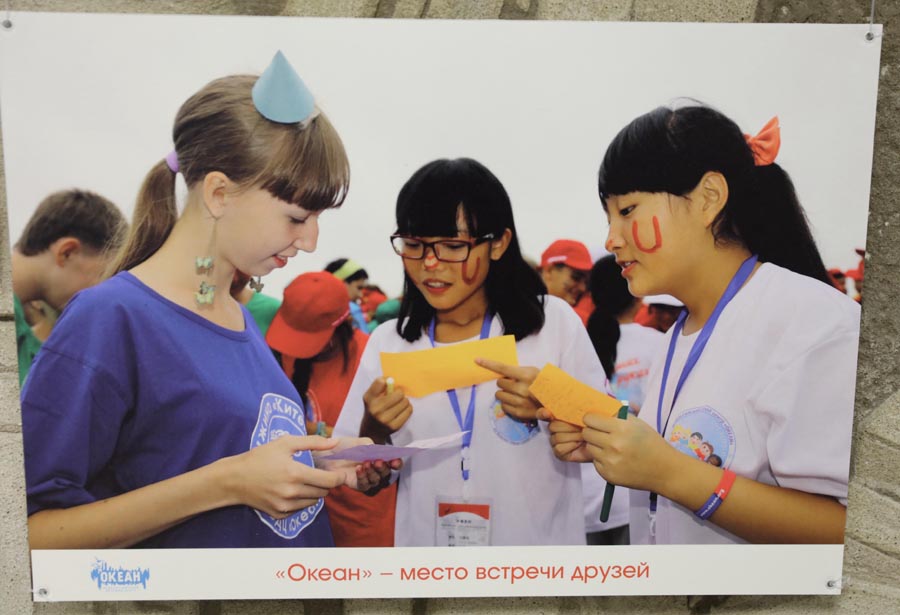From Russia with love


Reporter: "How old are you?"
Yu: "I'm 4."
Reporter: "Is this the first time you've seen dolphins?"
Yu: "No. It's the second time."
Yu's mother says her daughter also made much progress after her first round of dolphin assisted therapy in Sochi last year.
Then Yu and seven other autistic children spent two weeks in Sochi with the support of the China Foundation for Disabled Persons and First Automobile Works Group Corp.
"She is now much more emotional," Yu's mother said. "She used to have no contact with anyone, and didn't care if you were happy or angry. She is performing better in kindergarten, too."
More than 10 children from China have now visited Sochi to undergo dolphin-assisted therapy and have had very positive results, says Anatoly Pakhomov, the mayor of Sochi.
"The dolphin therapy is a unique method that Russia has created for treating autism. I'm glad our Chinese partner chose our therapy and chose to come to Sochi."
During the period of the treatment this year, the Sochi government and the China Foundation for Disabled Persons met to discuss long-term collaboration with mutual training, about dolphin therapy techniques, academic exchanges by autism experts from China and Russia, and collaboration between the two on treatment and recovery of autistic children from both countries.
























